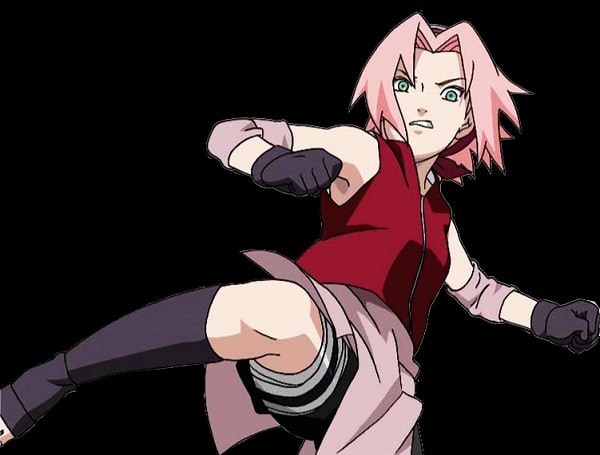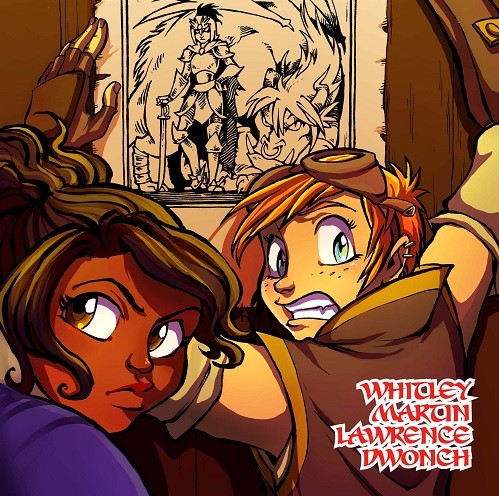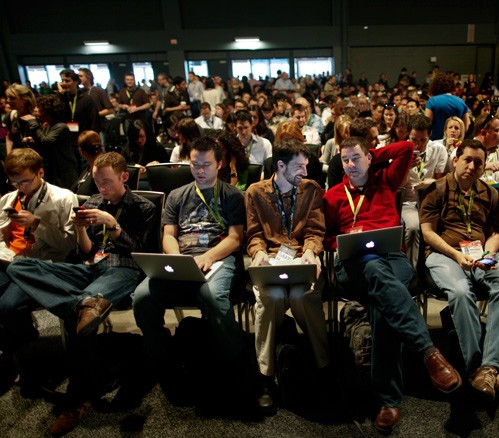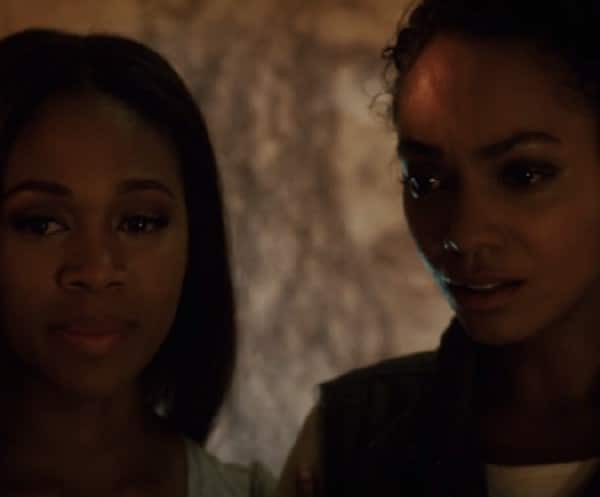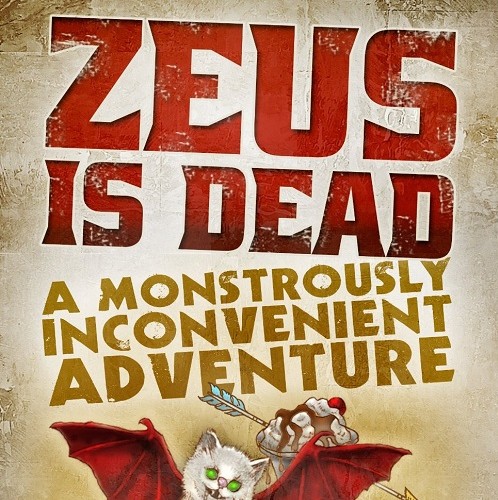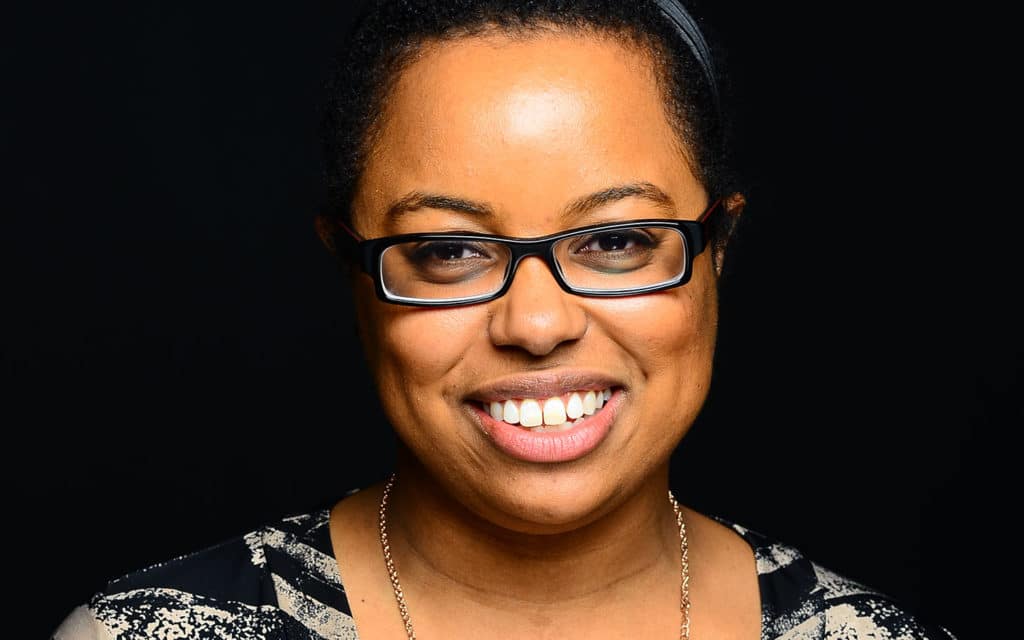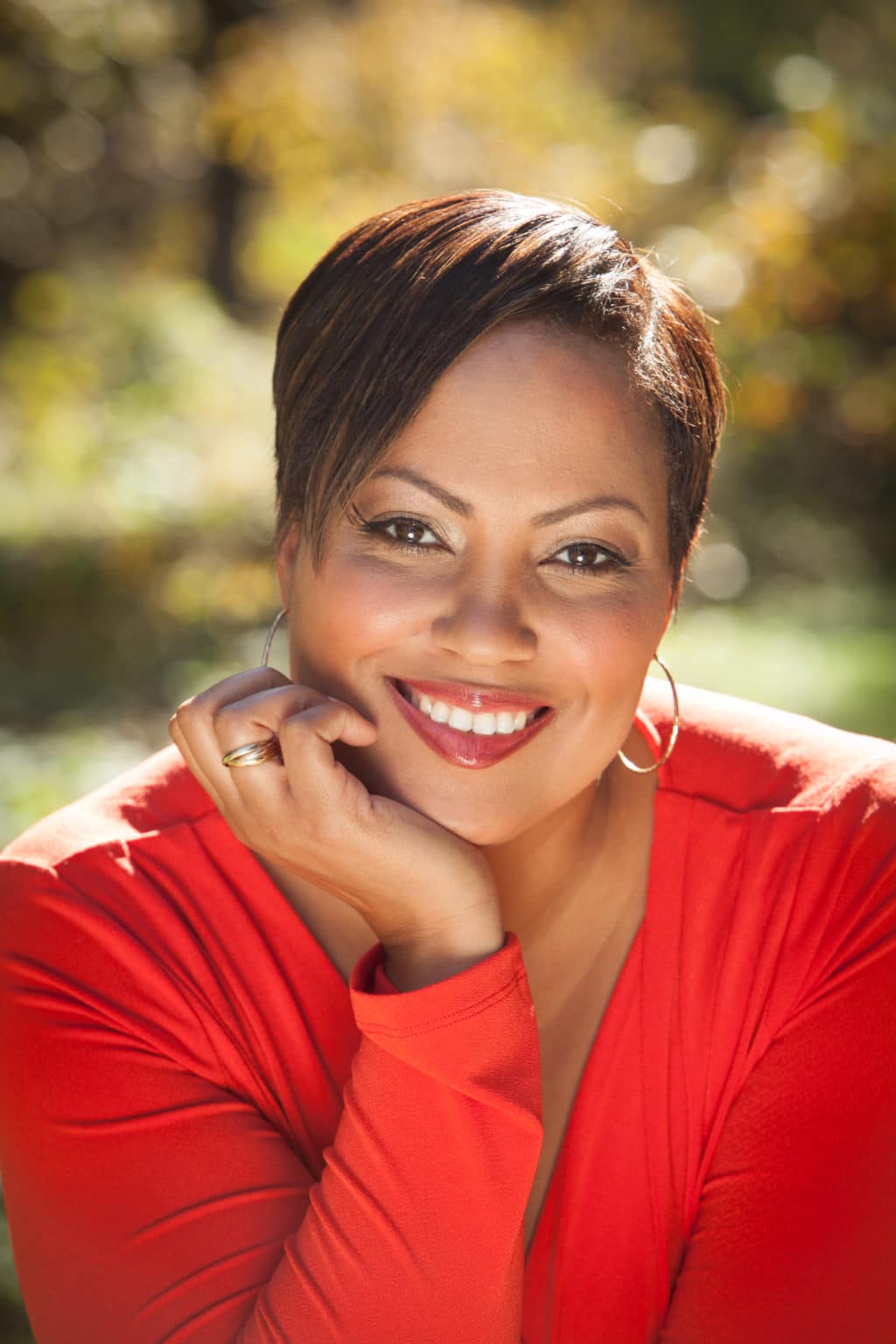Controversial neuroscientist Susan Greenfield said she is concerned about the negative impact that quickly growing new technologies are having on young minds—but without much hard evidence to back her concerns it doesn’t seem likely that her lecture will spark much real-world change.
Greenfield, of Oxford University, is pushing an age-old debate about how new technologies can impact young minds.
While some argue that learning how to use and operate complex technologies is a good thing for younger minds, Greenfield says more often than not those new technologies are being used to make the younger generation complacent and lazy while robbing them of creativity and shortening their attention spans.
According to Greenfield, technological advances are positive things when they are enhancing every day life but not when they are replacing aspects of every day life.
“People have often said to me ‘What about the car and the television and the refrigerator and the printing press even?’ They did make greater advances with those technologies on some people’s lives, but we were still living in the real world when we used those things,” Greenfield said during her lecture at the University of South Australia on Wednesday. “Nowadays you could wake up in the morning and you could work, you could play games, you could shop, you could go dating all without actually living in three dimensions.”
That’s where Greenfield says younger people’s brains could take a serious blow.
“As a neuroscientist I am very aware that the brain adapts to its environment,” Greenfield said. “If you’re placed in an environment that encourages, say, a short attention span, which doesn’t encourage empathy or interpersonal communication, which is partially addictive or compulsive…all these things will inevitably shape who you are.”
She went on to say that “the digital world is an unprecedented one and it could be leaving an unprecedented mark on the brain.”
Greenfield also said that the younger generation’s ability to engage with a virtual audience online before they truly develop a sense of self is rather problematic.
“People like me, a baby-boomer, grew up with the television being the new luxury that came into our home,” she said. “Clearly the amount of life we’ve lived already, the experience we’ve had, the conceptual frameworks that we’ve developed, the attitudes we have, the memories that we have – the individuality that we’ve therefore developed – all those things will offset against whatever other influences are coming in.”
According to Greenfield, the youth don’t have that luxury.
“If you’re a very young person and you haven’t developed, let’s say, a robust sense of identity, you haven’t got interpersonal skills, then clearly we’re going to see changes that we might not see in someone who’s older,” she said.
Those changes are typically the result of the youth’s desire to please that anonymous but often vicious online audience.
“You are out to entertain and seek their approval and the danger lies then in constructing an artificial identity that’s not really you at all,” she said. “Everything you do is done for the approval and to impress this audience, who inevitably will be vicious and nasty because they’re not constrained by face-to-face communication.”
Greenfield continued, arguing that too much time spent with new technologies, specifically digital media, can ruin a child’s imagination.
As Greenfield pondered what the future of the younger generations looks like, others pondered the credibility of her argument.
While Greenfield is indeed a neuroscientist, many experts in the scientific community don’t believe she has been supporting her claims with hard evidence.
Without conducting some serious studies on the impact that new technologies could have on the minds of young Americans, there will always be some pushback against Greenfield’s claims.
Earlier this year, The Guardian said Greenfield’s argument was simply a rehashing of “the same old surface-level debates about simplistic concepts that don’t have much bearing on the real world.”

